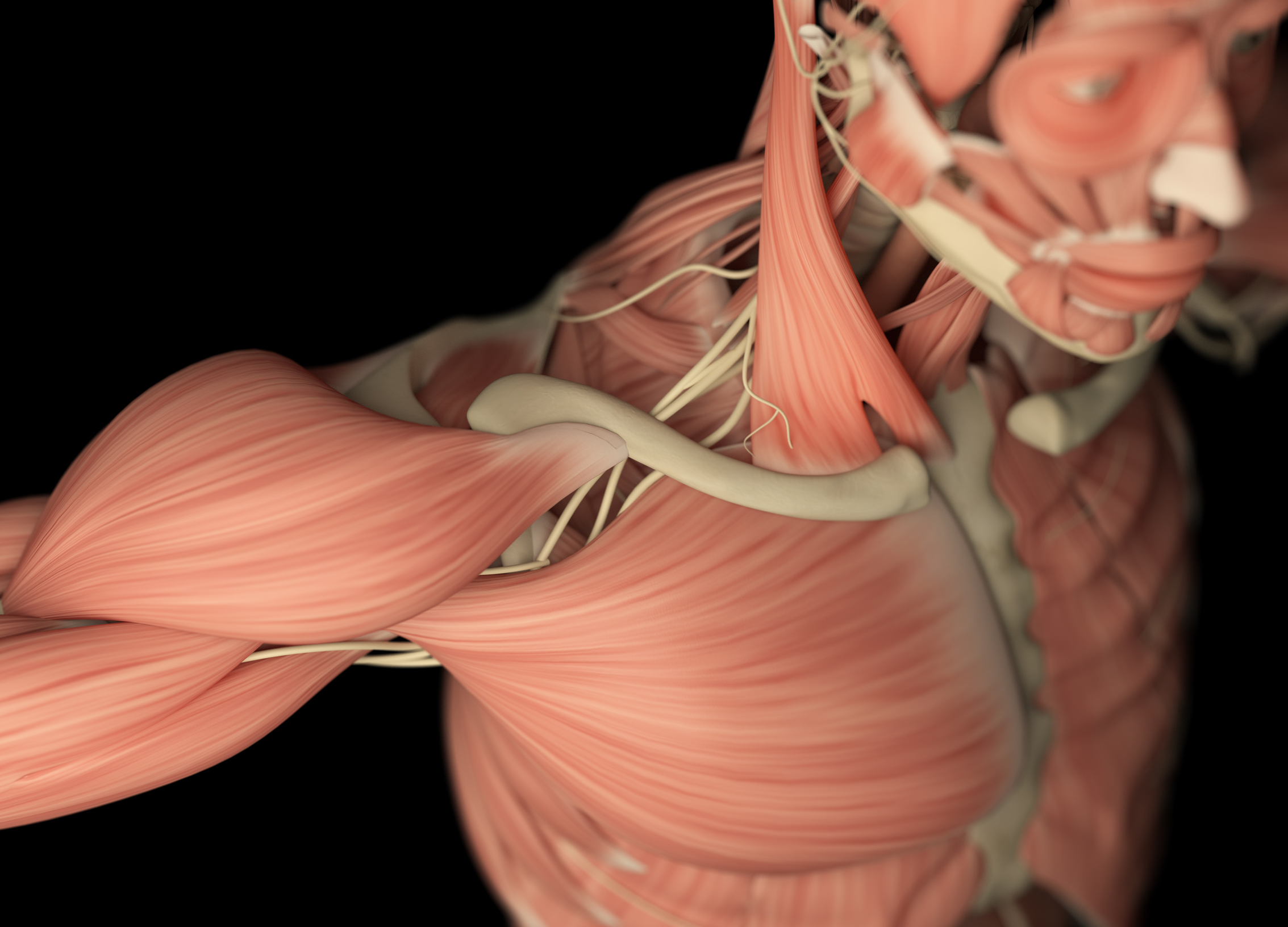Neuromuscular diseases represent a group of rare diseases, if individually taken but, if considered as a whole, they constitute a broad category of progressively disabling genetic conditions that require significant assistance efforts both in economic and social impact terms. Given the rarity of some forms, it is not always possible, or even immediate, to recognize the focal genetic cause, with significant consequences on the possibility of carrying out a correct genetic “counseling”.
Thanks to new studies, carried out by means of recent technological advances, in last years there have been many efforts in this regard, and advances in the field of genetics have led to a real explosion in knowledge in these specific fields. In particular, the use in clinical practice - related to rare neuromuscular diseases and conditions with a tricky diagnosis - of new generation sequencing methods (Next Generation Sequencing, NGS) has determined a huge increase in the diagnostic rate, when compared to traditional approaches, prevalently used until a few years ago. At the same time, this innovative approach led to the discovery of multiple genetic mutations, sometimes even in multiple genes at the same time, in turn leading to a widening of clinical phenotypes, often highlighting the lack of an evident correlation between genotype and phenotype.

Such findings also make the general diagnostic picture of the disease more complex, complicating the consequent formulation of rehabilitative plans and of taking care of patients, as well as the possibility that the latter can benefit from tailored genetic treatments.
In this framework, the InGene project aimed at sharing the genetic and clinical knowledge of a multidisciplinary team of experts to build a multiparametric technological platform capable of collecting data from different sources and verifying the existence of correlations between genotype and phenotype of patients with neuromuscular diseases. InGene 2.0 has therefore continued the activities of InGene, expanding both the parameters monitored through technologies, and the pool of pathologies taken studied thanks to the inclusion of new clinical centers, such as the Pisa University Hospital, the Careggi University Hospital and the Siena University Hospital, which are now added to the IRCCS Stella Maris Foundation and the Biorobotics Institute of the Sant'Anna School of Advanced Studies, already present in the consortium. The invaluable support of entities located outside the region, such as the University of Modena and Reggio Emilia and the IRCCS San Camillo Venice Lido, as well as patient associations, will be essential to spread the project activities even outside the Tuscany region.
The project, coordinated by IFC-CNR, was officially started on 4 August 2020 and is expected to last 30 months; however, beyond eventual extensions, it can not exceed an overall duration of 36 months.